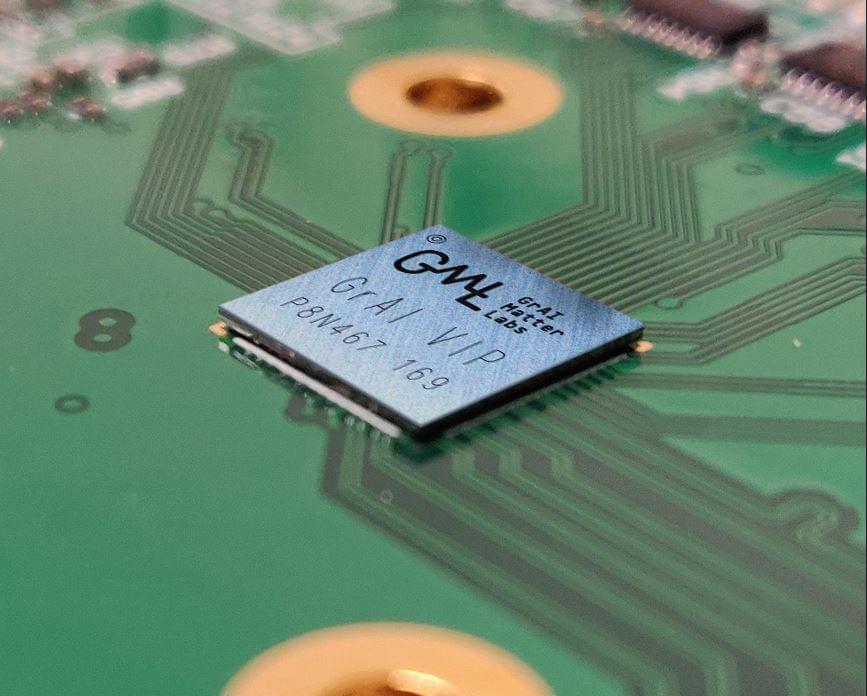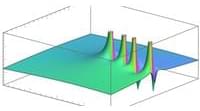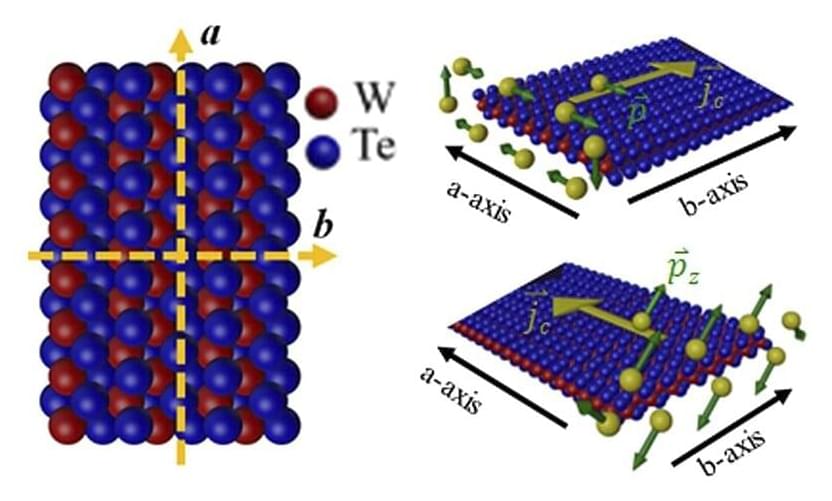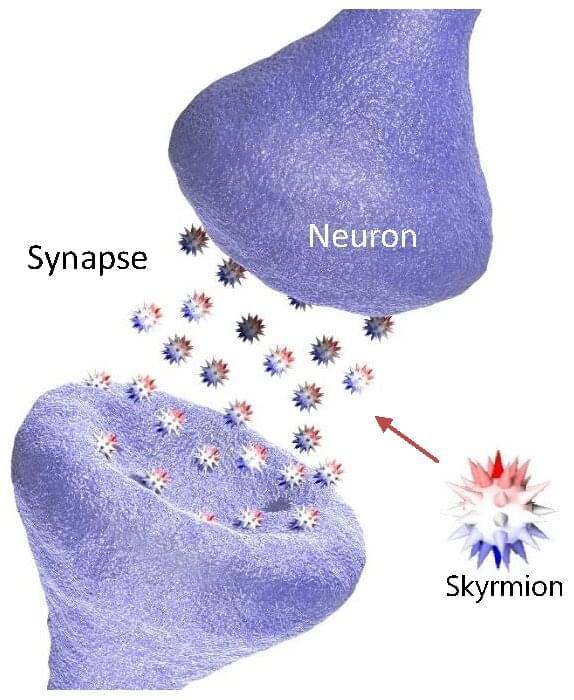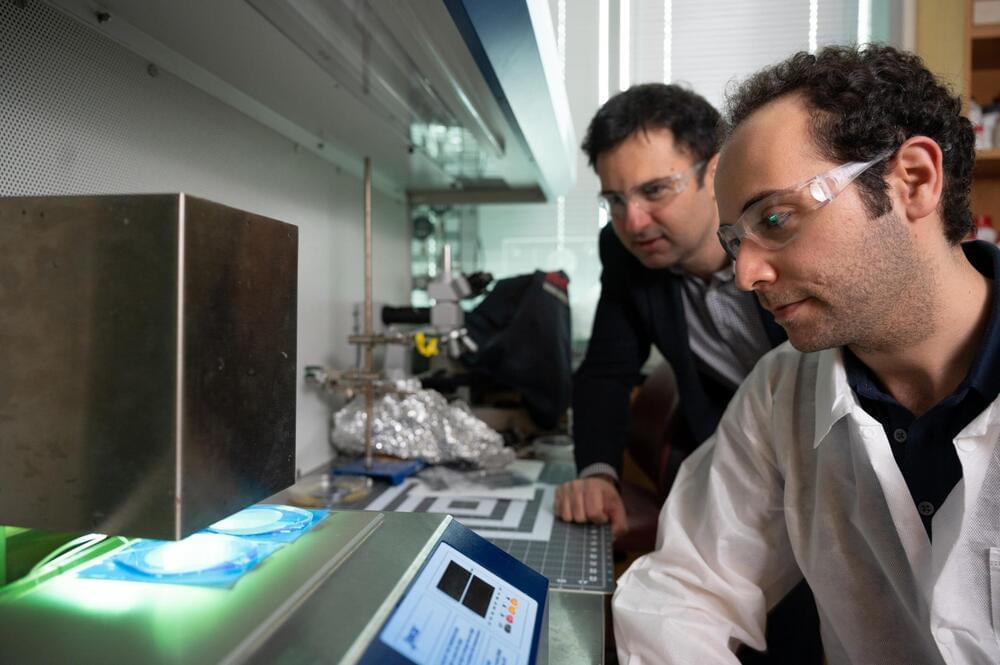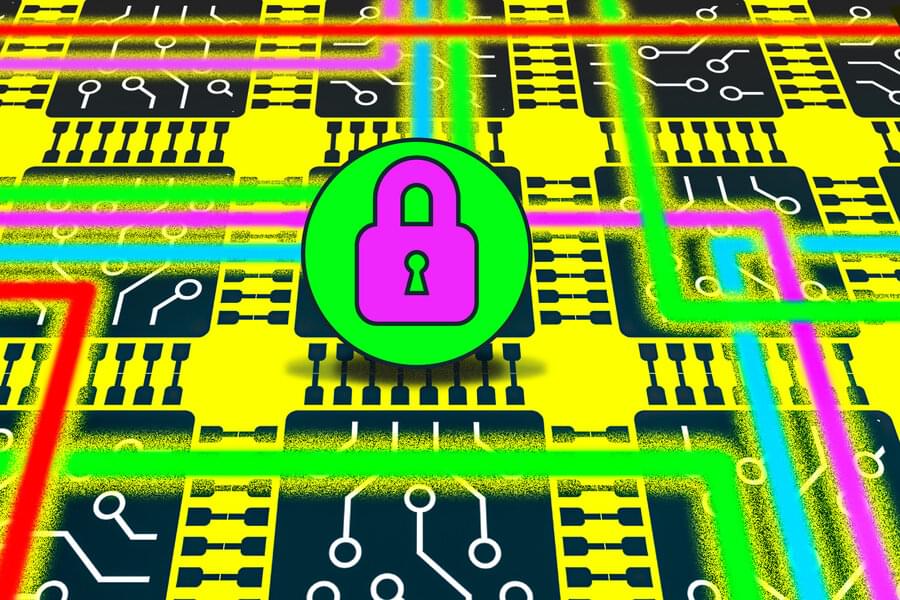Deep dive into the nature of consciousness and reality.
Sponsors: https://brilliant.org/TOE for 20% off. For Algo’s podcast https://www.youtube.com/channel/UC9IfRw1QaTglRoX0sN11AQQ and website https://www.algo.com/.
Patreon: https://patreon.com/curtjaimungal.
Crypto: https://tinyurl.com/cryptoTOE
PayPal: https://tinyurl.com/paypalTOE
Twitter: https://twitter.com/TOEwithCurt.
Discord Invite: https://discord.com/invite/kBcnfNVwqs.
iTunes: https://podcasts.apple.com/ca/podcast/better-left-unsaid-wit…1521758802
Pandora: https://pdora.co/33b9lfP
Spotify: https://open.spotify.com/show/4gL14b92xAErofYQA7bU4e.
Subreddit r/TheoriesOfEverything: https://reddit.com/r/theoriesofeverything.
Merch: https://tinyurl.com/TOEmerch.
LINKS MENTIONED:
–QBism Paper: https://arxiv.org/abs/1003.5209
–Donald Hoffman’s book The Case Against Reality (affiliate): https://amzn.to/34eWmxz.
–Plato and the Nerd (affiliate): https://amzn.to/34GMexr.
TIMESTAMPS:
00:00:00 Introduction.
00:03:34 Is a Theory of Everything possible? / Definition of Consciousness.
00:08:32 Spacetime’s fundamental nature (or not)
00:14:27 Joscha Bach on mysterianism, telepathy, and consciousness.
00:34:40 Joscha has a way of interpreting the Bible literally.
00:42:01 Physical world vs Computational world.
00:57:57 On Gödel and changing the definition of truth to provable / computable.
01:12:33 What parts of the mind makes statements beyond computation?
01:13:57 Real numbers don’t exist?
01:15:23 [Prof. Edward Lee] Reality is not necessarily algorithmic.
01:34:02 Donald Hoffman on Free Will.
01:44:03 Joscha Bach on Free Will and whether a TOE exists.
01:57:10 What would change in Bach’s model if classical logic was correct?
02:07:42 Penrose and Lucas argument regarding Gödel and the mind.
02:13:55 Closing thoughts from Bach and Hoffman on each other’s work.
Just wrapped (April 2021) a documentary called Better Left Unsaid http://betterleftunsaidfilm.com on the topic of “when does the left go too far?” Visit that site if you’d like to watch it.

